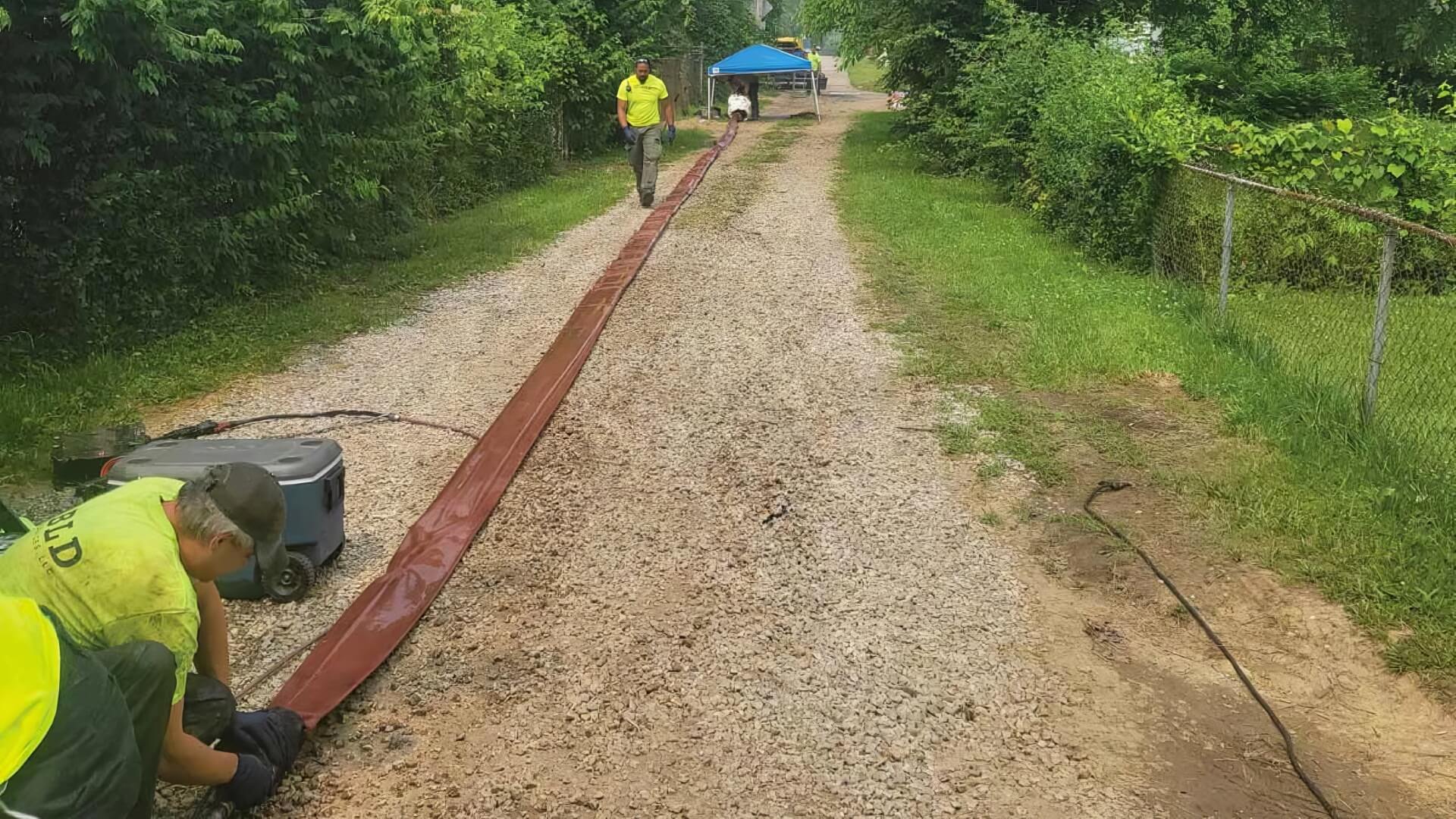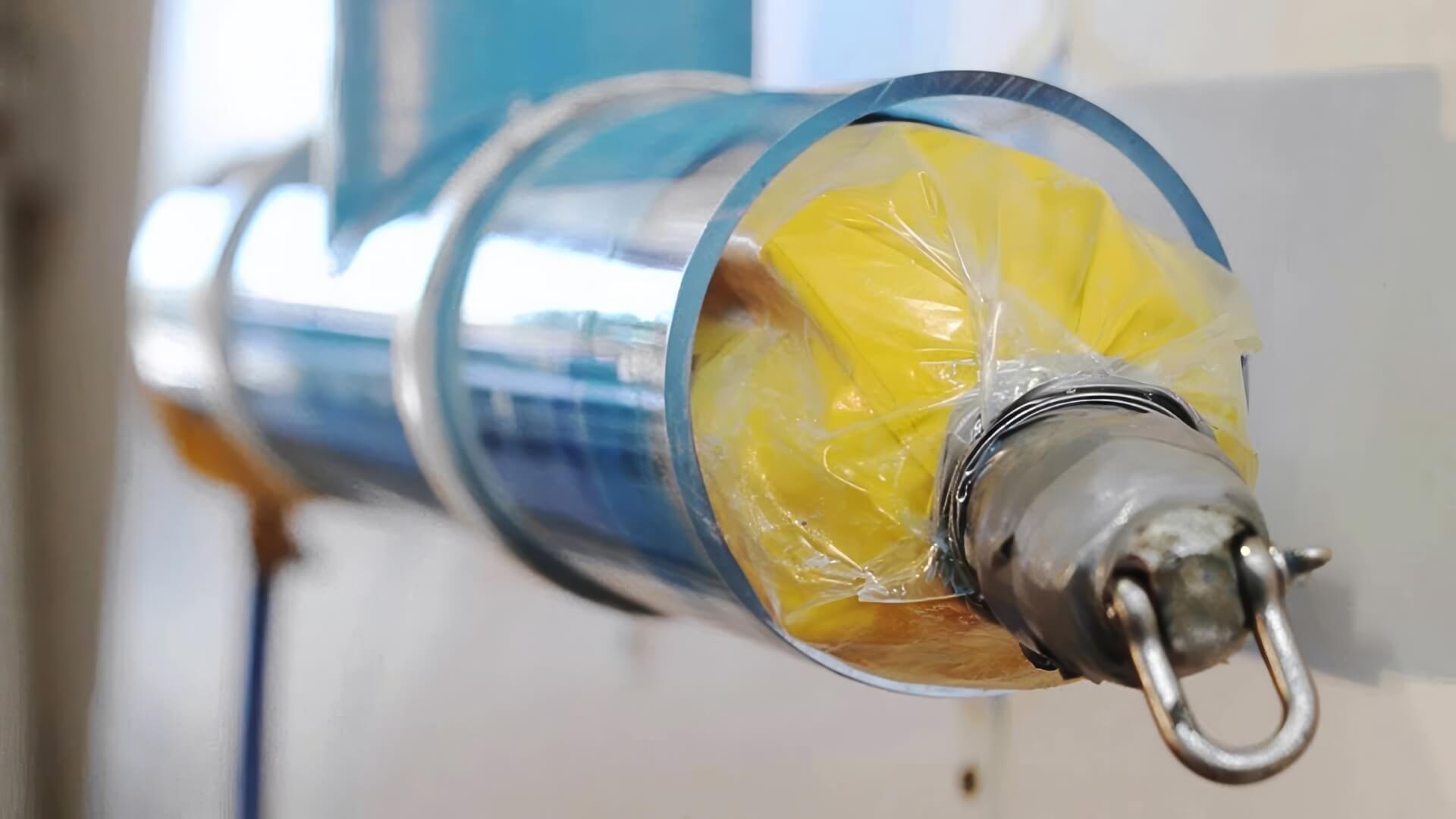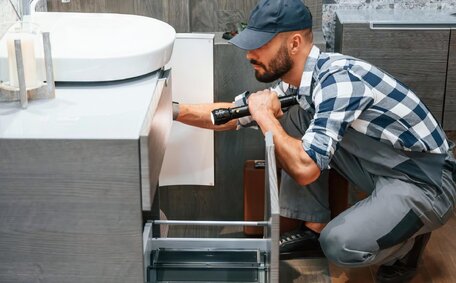Introduction: Why Water Filtration Matters for Hot Water Systems
An effective water filtration system is essential for any hot water system in homes and businesses. Your hot water unit likely processes water with contaminants that, untreated, can lead to significant issues. Installing a high-quality water filter provides multiple important benefits:
- Improves water taste and odour as water filters remove chlorine, chemicals, mineral deposits and sediment that can give water an unpleasant flavour. Filtering ensures your water remains pure for drinking and cooking, enhancing the health benefits.
- Water heater filters protect appliances by removing corrosive minerals, thereby extending their lifespan.
- Ensures high-quality water by reducing harmful contaminants like lead, bacteria, pesticides and other dangerous impurities found in many water sources. Filtered water enhances safety for bathing, serving the needs of children and sensitive individuals.
You’ll save money by reducing the need for repairs or early replacement due to sediment and corrosion.
Investing in a superior hot and cold water filter system, tailored to handle your domestic flow rate and pressure, is a wise decision. The benefits include better tasting water, fewer appliance repairs, and the reassurance of clean bathing water.
Signs Your Hot Water System Needs a Filter
Several signs suggest the need for a water filter in your hot water system:
- Visible mineral deposits or limescale buildup - White or yellowish crusty residue around taps indicates mineral deposits, which filters help reduce.
- Cloudy or discoloured supply - Sediment and rust can make the water from your tap seem unsightly, even after a prolonged flow. A filter can effectively trap these particles.
- Lower water pressure often results from sediment and scale buildup in pipes, which a filter can help alleviate.
- Frequent repairs - When you do need repeated repairs or early replacement for your hot water system due to internal corrosion, mineral deposits or sediment buildup, this indicates a filter is necessary.
- Unpleasant taste or smell - An unusual taste (e.g. bitter, metallic) or foul odour indicating bad tastes coming from your hot water points to contaminants a filter can eliminate.
- Skin/hair irritation - Dry, itchy skin or hair after bathing could mean harsh contaminants like chlorine are present, which a good filter will remove.
- Noisy heating system - Sediment accumulation can cause noises from your hot water heater or boiler as it operates. This sediment can be removed to improve the quality of water your appliances use by installing a filter.
Noticing these signs likely means you would benefit from a professionally installed whole-house filtration system with UV light purification. This will improve your water quality and extend the lifespan of your hot water appliances.
Hard Water Buildup
Hard water refers to water that contains high amounts of dissolved minerals like calcium and magnesium. As hard water moves through pipes and hot water systems, the minerals begin to precipitate out, leading to limescale or mineral deposit buildup.
Over time, these mineral deposits can accumulate within hot water systems and clog pipes, reducing water pressure and decreasing efficiency. Hard water buildup also promotes corrosion, which can damage appliances and shorten their lifespan.
Combat hard water by installing water softeners or filtration systems designed to remove minerals. These systems help prevent scale buildup and mineral deposits from forming in the first place.
If hard water damage is present, descaling the system and flushing pipes to clear mineral deposits is essential. Salt-free water softeners effectively remove existing hard water residue.
For hard water issues, it’s recommended to seek professional help to avoid potential damage from harsh chemicals. Proper filtration and treatment can mitigate hard water effects and prolong your system’s lifespan.
Hot water systems can experience corrosion and discolouration of pipes and fittings from slightly acidic rainwater, which typically has a pH between 5.5 to 6.5. Over time, this acidic water can corrp staining bathroom and kitchen fixtures blue or green. This acidic condition slowly deteriorates the interior of copper pipes, introducing copper into your water.
Installing a pH Elevation Vessel as part of your water filtration system can help counteract these effects. The vessel contains calcite media that raises the pH of incoming water by introducing beneficial minerals. This makes the water less acidic and offers some corrosion protection to your plumbing system.
A pH Elevation Vessel increases the water pH to neutral or slightly alkaline levels between 7.0-8.0. At this pH range, rainwater is less likely to corrode pipes or fixtures. The result is reduced corrosion and less potential for those stubborn blue-green stains on your bathroom sinks and tubs.
While staining may still occur over time, a pH Elevation Vessel can dramatically slow corrosion and discolouration issues caused by acidic rainwater interacting with copper plumbing. For comprehensive protection, combine the vessel with filtration that removes sediment and minerals from the water as an integrated solution.
Low Water Pressure
Low water pressure from your hot water taps can be incredibly frustrating. Sediment accumulation in pipelines can also diminish your hot water system’s effectiveness, leading to decreased water pressure.
As unfiltered water flows through your plumbing over many years, small particles of dirt, minerals and other contaminants accumulate inside the pipes and hot water unit. This buildup slowly restricts water flow, resulting in lower water pressure from your hot water taps.
Installing a high-calibre whole-house water filter goes beyond just clearing out sediment and particulates—it helps restore and maintain normal water pressure. The filter will capture all those tiny particles before they enter your pipes and clog them up over time.
Some signs that sediment buildup is causing low hot water pressure include:
- Water flow from hot taps starts strong but slowly weakens
- Hot showers have reduced pressure after a few minutes
- Filling up bath tubs is slower than it used to be
Restoring adequate water pressure guarantees immediate and sufficient hot water flow for your household needs. Investing in a water filtration system is the most effective solution for preventing sediment-related loss of water pressure over the long term.
If low water pressure persists even after installing a filter, consult with a licenced plumber to inspect your pipes and hot water unit to identify any other underlying causes.
Choosing the Right Water Filter
With so many types of water filters for different types of water on the market, it can be tricky choosing the ideal one for your hot water system. Here are a few key factors to consider when selecting a water filter:
Filtration Method
The main types of filtration for handling mains water include:
- Reverse osmosis water filtration - Superior for extracting contaminants such as lead, arsenic, fluoride. Ideal if your water has high TDS (total dissolved solids).
- Carbon block filters are effective in removing chlorine, various chemicals, and sediments. Known to enhance the water taste and odor profile.
- Sediment - Traps particles, dirt, rust from water. Helps protect appliances from abrasion.
- Deionization - Removes minerals and ions that cause water hardness and limescale buildup.
Hot Water System Type
Consider your existing hot water system when choosing a filter. Key factors include:
- Water tank storage - Sediment filter recommended to encapsulate particles.
- Tankless water units - Scale inhibition filter is crucial for minimising mineral accumulation.
- Electric - Carbon filter improves chlorine taste; scale inhibitor reduces limescale.
- Gas - Sediment filter captures particulates, extending appliance life.
Filtration Location
Usual filter placement options include:
- Point-of-Use - Under sink water filter units or faucet systems tailored for individual fixture use.
- Whole House - Single filter protects all taps; installed on main line.
- On-Board - Internal filter as part of water heater appliance.
The right water filter and placement can streamline the balance between effectiveness, convenience, and cost. Consulting a licenced plumber or filtration specialist is advisable to ensure your filter properly addresses your specific water quality needs.
Installation and Maintenance
Effective installation and regular maintenance are essential to maximise the benefits of your hot water system’s water filter. Here are some crucial steps to ensure effective installation:
Installation
Whole house water filter systems need to be installed on the main cold water line, including options for undersink water filter placement to ensure clean water directly from selected taps. Point-of-Use filters, including undersink water systems, can be installed under bench sinks or mounted on countertops.
- Shut off main water supply and open taps to depressurize lines
- Cut into pipe at installation point and fit connectors or brackets
- Attach filter system to mounting brackets and install to connectors
- Restore water supply and check for leaks
Engage a licensed plumber to ensure correct installation. Proper bypass valves enable isolating the filter for maintenance.
Maintenance Tips
- Inspect filters and consider how often do they need to be replaced, adhering to manufacturer instructions
- Recognise when you need to change filters more frequently if water pressure drops or flow becomes sluggish
- Use filter wrenches to unscrew filter housings when changing cartridges
- Keep spare replacement cartridges on hand
- Reset any digital filter monitors/indicators after changing cartridge
- Backflush sediment filters regularly to clear trapped particles
Regular upkeep ensures your water filter is operating at its best to shield your hot water system and provide clean, safe water.
Effective installation and regular maintenance are essential to maximise the benefits of your hot water system’s water filter.
When to Call a Professional
The installation and upkeep of house water filters for your hot water system can be intricate. Here are some situations when it’s advisable to call a professional plumber for assistance:
- Initial install water filter systems comprehensively throughout the house. Proper positioning on your main water line, especially for your rainwater tank systems, demands expert knowledge.
- Ongoing filter replacements and maintenance, if you lack the technical knowledge or tools to service your filter prrs not improving water taste/odour, or not resolving problems with mineral buildup as expected. The wrong filter may have been installed.
- Leaks, corrosion damage or abnormal noises emanating from your water heater. Professional service may be required.
- Assistance choosing the right water filtration system for your needs and home. Experts can assess your water and recommend the best solutions.
For experienced assistance installing and maintaining water filters and water dispensers for optimal hot water system protection, contact us today at Padstow Plumbing. Serving Padstow, Sydney and surrounding areas, our team of experts can diagnose issues and implement the ideal filtration solutions for your home or business.
Contact Padstow Plumbing at 1300 349 338 or email jobs@padstowplumbingservices.com.au for expert water filtration services and personalised advice.
Conclusion
Installing a high-performance hot water filter system is one of the most advantageous investments you can make for your hot water system. As discussed throughout this article, filtered water provides multiple important benefits that contribute to your daily life.
Water filtration ensures great tasting, quality water, improves odour, removes harmful contaminants, safeguards appliances from scale buildup and corrosion, sustains water pressure, and ultimately extends the lifespan of hot water systems. This saves on costly repairs or early replacement of damaged heaters and boilers.
Consider the signs outlined and determine if your hot water system could benefit from filtration. To select and install the optimal water filter for your requirements, seek advice from the specialists at Padstow Plumbing.






